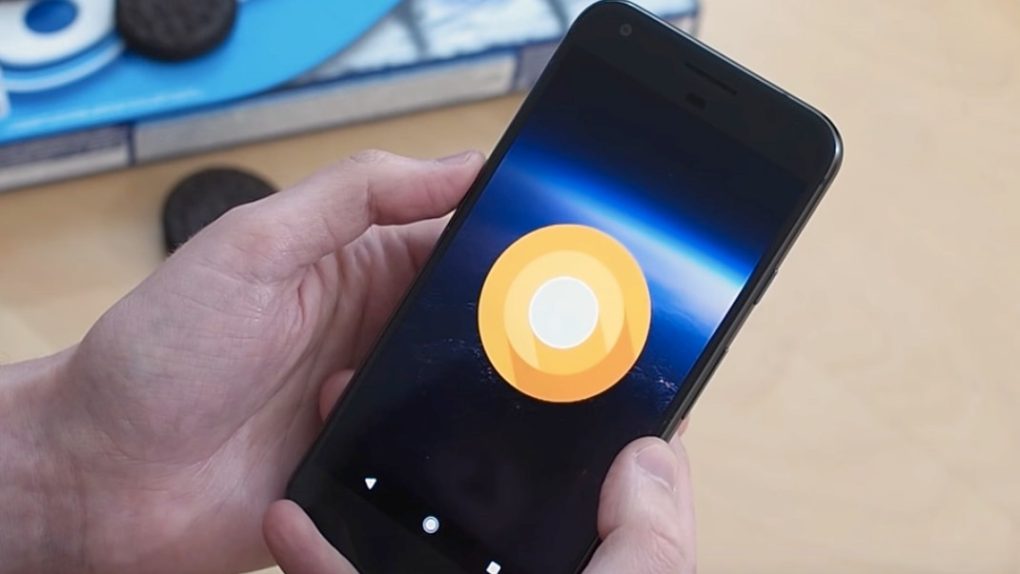That mobile computer in your pocket can be used to track your every move and enable location-specific actions, but only if you opt in. Turn off location services, and the smartphone’s operating system and apps should not be able to track you. That’s unless your smartphone runs Android, because Google will keep tracking you even if you’ve disabled location services, when you’re on Wi-Fi only, or when there’s not even a SIM installed in the device.
Google has been quietly doing this for almost a year, but now that the company has been caught it says it’ll stop.
It was Quartz that first noticed the unusual location tracking behavior. When confronted, Google admitted to the practice:
In January of this year, we began looking into using Cell ID codes as an additional signal to further improve the speed and performance of message delivery. “However, we never incorporated Cell ID into our network sync system, so that data was immediately discarded, and we updated it to no longer request Cell ID.
Did Google inform users about it? No, it didn’t, and this just seems like a Googley thing to do. That’s even though Sundar Pichai vowed recently that Google will do more to protect your privacy. Google does say that the location data it collects isn’t shared with anyone and that’s probably true. But that doesn’t make it right. And if your Android phone has been hacked in any way, others may be able to tap into that location data stream without your knowledge — and without Google’s knowledge.
Google’s justification that location data improves “the speed and performance of message delivery” sounds ridiculous. But Google did not reveal any other details.
Quartz found that even devices that had been reset to factory settings and devices that didn’t have SIM cards installed kept sending location data to Google. The ones that do have a cellular connections will send data to Google every time they come within range of a new cell tower.
Google failed to explain why it’s stopping data collection now that it has been discovered, but it did say that the practice will be stopped.








